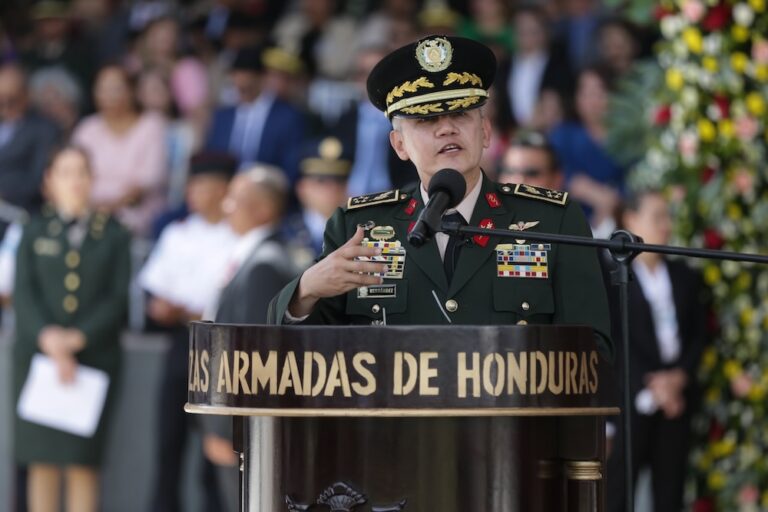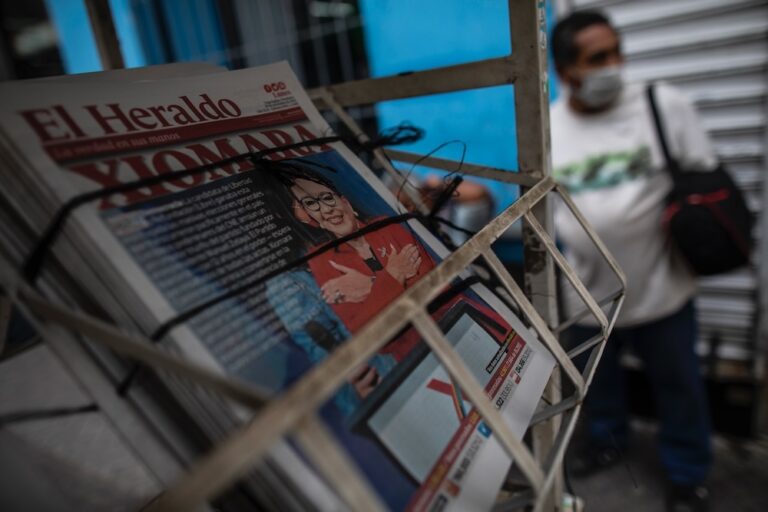Passage by the Honduras Congress of a law for the protection of journalists was welcomed by the Inter American Press Association which called it “a step forward to end violence in the country.”
Passage by the Honduras Congress of a law for the protection of journalists was welcomed by the Inter American Press Association (IAPA) which called it “a step forward to end violence in the country.”
The National Congress on Wednesday (June 4) passed, on first debate, a bill for the creation of the Law on Protection of Human Rights Defenders, Journalists, Social Communicators and Operators of Justice, introduced by the Executive Branch through the Human Rights, Justice, Governance and Decentralization Department.
The chairman of the IAPA’s Committee on Freedom of the Press and Information, Claudio Paolillo, declared, “This step is relevant and a move forward to end violence in the country and we hope that the law becomes a true institution that has sufficient resources to effectively carry out its objectives and protect journalists, social communicators and other groups in situations of risk.”
Paolillo, editor of the Montevideo, Uruguay, weekly Búsqueda, added, “This action also reminds us of the urgency of moving ahead to solve unpunished crimes against members of the press. No murder should remain outside of the justice system.”
In May 2013 an IAPA delegation visited Honduras in order, among other things, to follow up the document titled “Tegucigalpa Action Plan” , a document arising from the Conference on Security, Protection and Solidarity for Freedom of Expression that the IAPA held along with the Honduras News Media Association (AMC) in Tegucigalpa in August 2012.
The “Tegucigalpa Action Plan” brought together proposals for public reforms to put an end to impunity, halt violence against the press and establish measures and an institutional mechanism of protection for the most vulnerable groups of journalists within the Justice and Human Rights Department.
During the 2012 conference also discussed was the creation of a special unit for the investigation of crimes made up of investigative police officers and public prosecutors, and the setting up of special courts to deal with crimes against journalists and matters of human rights.


